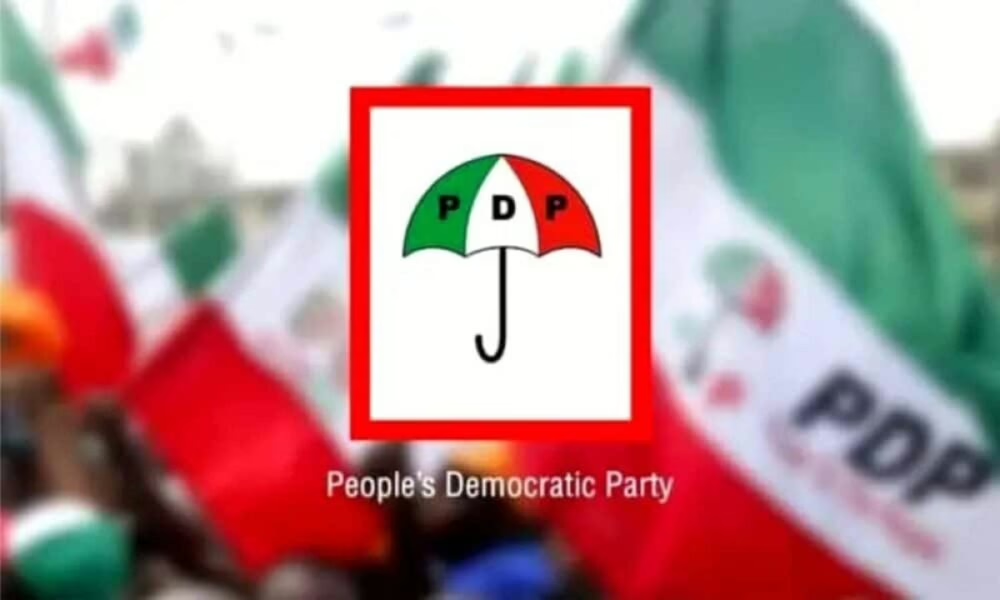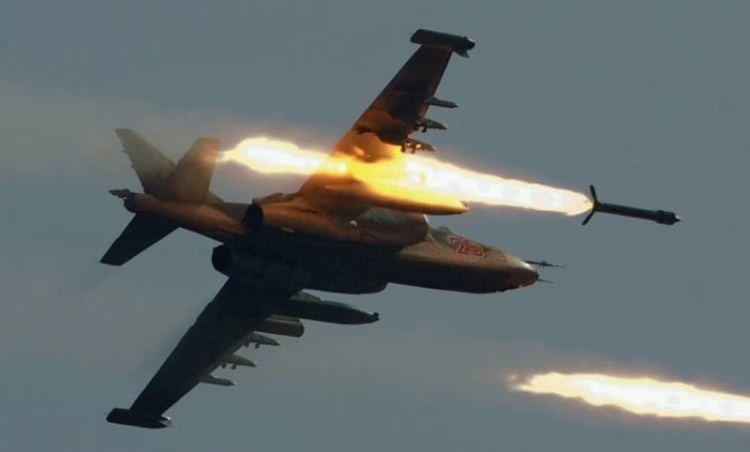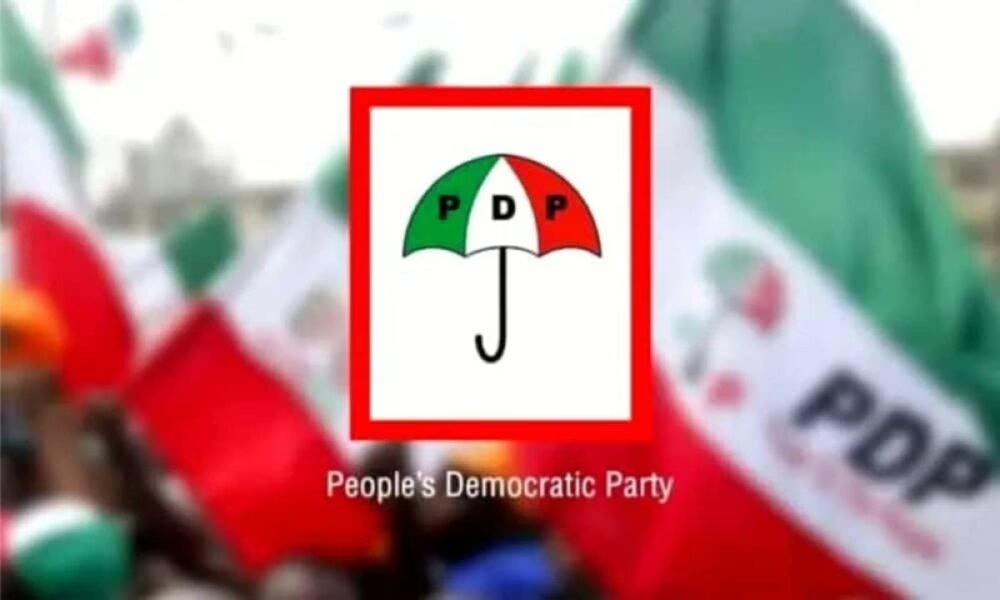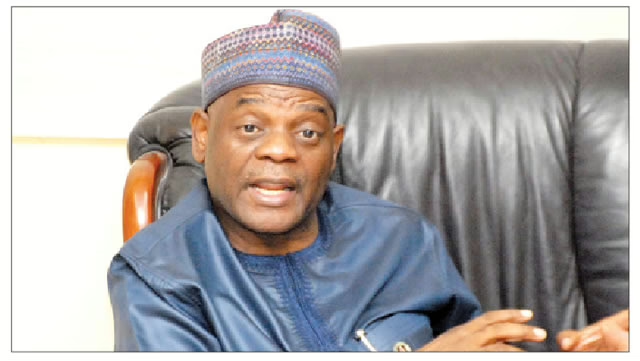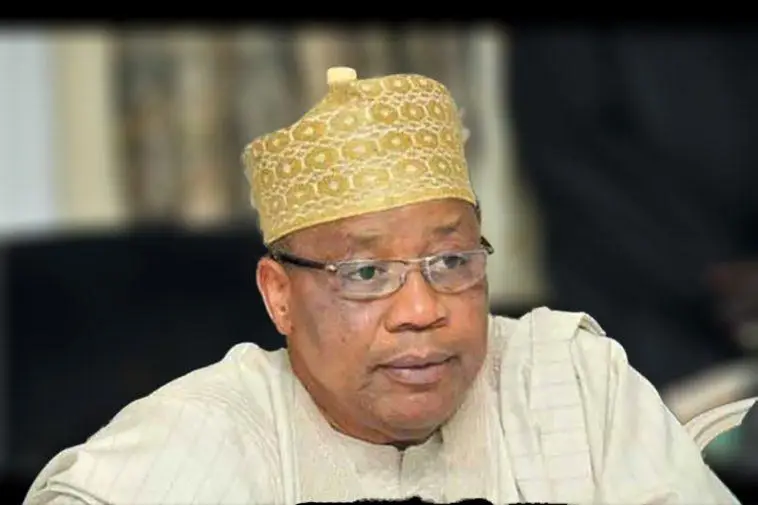By Chinelo Obogo, [email protected]
Despite the gradual stability recorded in the travel sector, the newly-elected President of the National Association of Nigeria Travel Agencies (NANTA), Yinka Folami, has expressed concerns over the decline in the travel market, telling Daily Sun it is directly linked to the disparity between the official Investors and Exporters (I&E) window foreign exchange rate and the black market rate. He said the ‘I&E’ window offers a less favorable exchange rate (around N1,500 to a dollar) compared to the black market and this disparity increasingly encourages travelers to source foreign currency through the black market for cross-border ticket purchases.
Folami said he believes that the 40% market share loss which the travel market experienced a few months ago and which Daily Sun exclusively reported on still persists and that cross-border currency exchange remains a significant problem as travel agencies with global reach can offer fares originating anywhere in the world, often at a lower price than tickets purchased in Nigeria. This, he said, undercuts Nigeria’s market position.
Daily Sun reported in January how the inability of the foreign airlines to repatriate $850 million from ticket sale accruals cost Nigeria a blistering 40 per cent loss in air travel market share in one year. Foreign airlines operating in Nigeria were having difficulties repatriating the revenue generated from ticket sales and for that reason, they blocked their lower inventories to travelers who wish to buy tickets from Nigeria. On June 2 however, the International Air Transport Association (IATA) revealed that the Central Bank of Nigeria (CBN) has cleared 98 percent of the trapped funds while the remaining $19 million is due to the Central Bank’s ongoing verification of outstanding forward claims filed by the commercial banks.
Market stabilising
The Nigerian travel market is stabilising and we thank the government and all the stakeholders that were part of it. But we still have that problem of the declining market but I think it would get better from the point of differential pricing and the difference between the ‘I and E’ window and the black market rate. What we have had consistently over the past month is that the rate at the ‘I and E’ window has been higher than the black market, so it is more convenient for people to go to the black market to source for forex than to do so through the ‘I and E’ window. The rate there hovers around N1, 500 to a dollar and even though I don’t know how much it costs at the black market, our experience there shows that it has been lower at the black market.
If you have a situation where the black market is lower than the rate of exchange for the sale of tickets in naira, because the margin is usually much, it is convenient for some travelers to just by dollars at the black market and buy the tickets cross border. That is another thing that we need to check. We need to check the application of global fares in our market but we would get there and we advocate for it. What we don’t want is that after the government has settled the issue of trapped funds, we don’t want a situation of the alteration of our market in the sense that our market will start declining.
I don’t have the figures but from my estimation, I am sure that the 40 percent loss of our market share few months ago will be the same with what we have now because there is still a lot of cross border trading going on which is bad for our enterprise in Nigeria. Any travel agency with global offices can sell fares from any part of the world and can get tickets cheaper than what we have here even though the travel is from and to Nigeria.
How the problem can be addressed
It would be a holistic thing where stakeholders have to sit down and converse with each other. This is an issue that we have identified and it must be addressed. When you buy a ticket cross border and you need service on the ticket like date change, you won’t be able to get it done. A good ticket is not necessarily the cheapest one, it is one that allows you the flexibility to change it.
I don’t have the figures for ticket sales this year but I can tell you that the market is stabilising especially in terms of air fares. They are getting much better than they were months ago. We have a situation where airlines are now cooperating and are releasing the lower inventory fares. The market was exposed when there was a backlog of trapped funds and it would take some time and advocacy to get it back to normal but I am certain that a time would come when the market would be very stable.
Cost of fares
Cost of fares have gradually dropped as passengers can now get economy tickets to fly to places like London for between N1.2 and N1.5 million and for the US, the average is between N1.5 and N2 million for economy which wasn’t the case before when it was sold for between N3 million and N3.5million. If we consider that the lower inventory fares have been opened, we can say that the cost of fares have dropped by at least 40 percent. About 90 percent of airlines have opened their lower inventories.
My action plan for NANTA
A lot of times, addressing issues involves dialogue, so what we are doing at the moment is that we are holding consultations with all our stakeholders. We are meeting them one after the other and we are getting insight from them and we are coming to an agreement that we would collaborate to address the issues. The important thing is that these issues are known to us and are acknowledged by all parties like the issue of the alteration of the market which is known to everybody.



